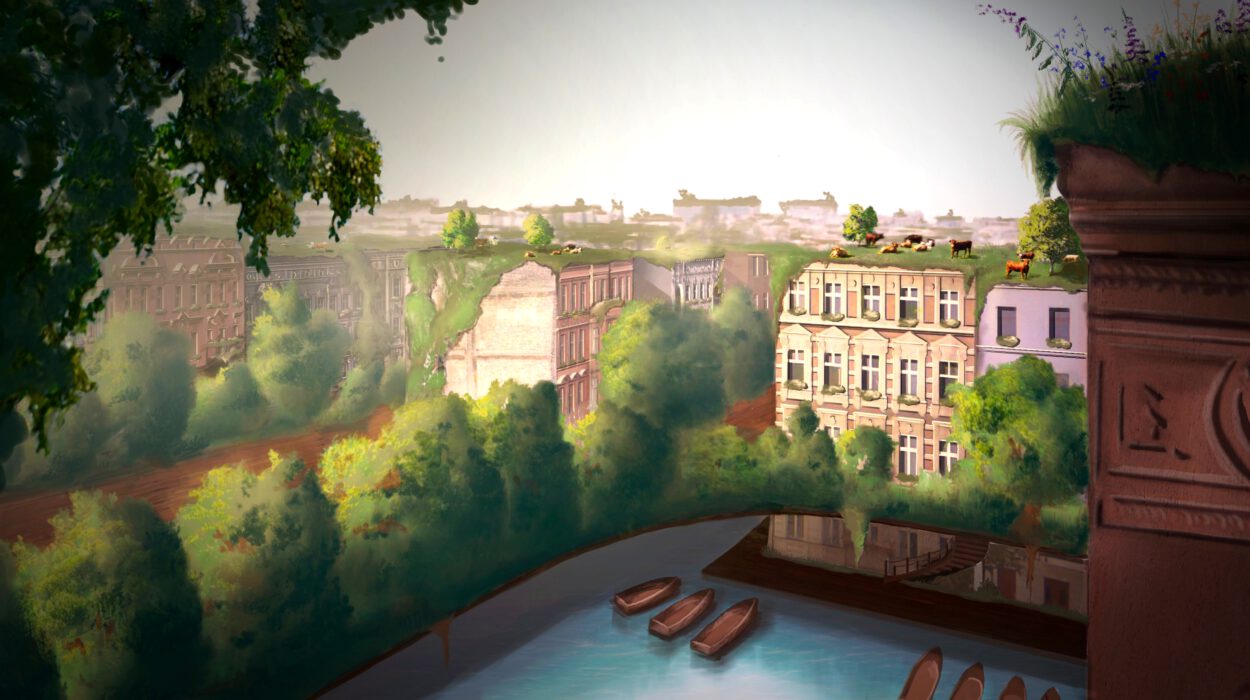
Future Quake Berlin
In 150 years, life in Berlin is something like this: The city is a place of encounter. The anonymity that prevails now has largely disappeared; people know each other and exchange ideas.

In 150 years, life in Berlin is something like this: The city is a place of encounter. The anonymity that prevails now has largely disappeared; people know each other and exchange ideas.
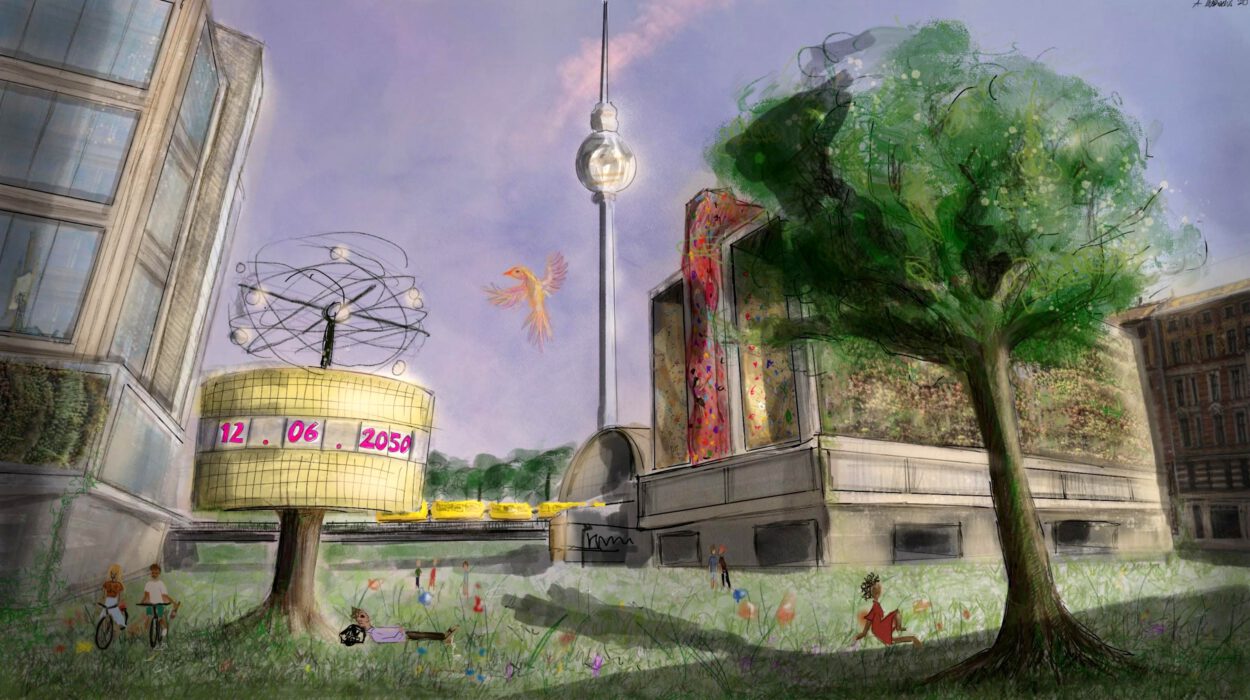
Only two days left..it’s almost time! 2050 is the year of the big pay-out. Since the beginning of spring, the display on the New World Clock at Allesandersplatz has been blinking in pink letters, announcing the exact date on which surplus property will be returned to the state.
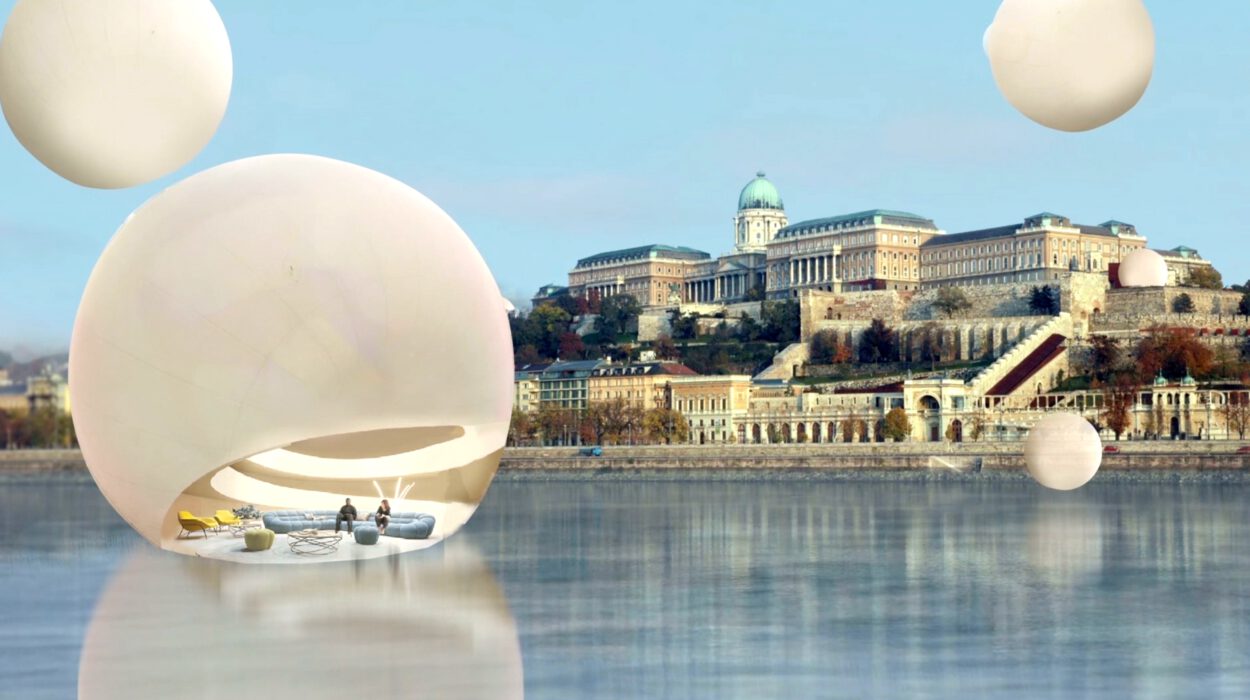
In 2050, everyone gets a bubble flat as a gift from the European Union for their 18th birthday and can use it to float freely across the continent

In this version of a Berlin utopia, Philomena Koebele focuses on the preservation of the old buildings that characterize the cityscape.

In 2050, the earth is severely damaged. The sky is no longer blue. Because of this the citizens instigated a system that’s strictly regulated.
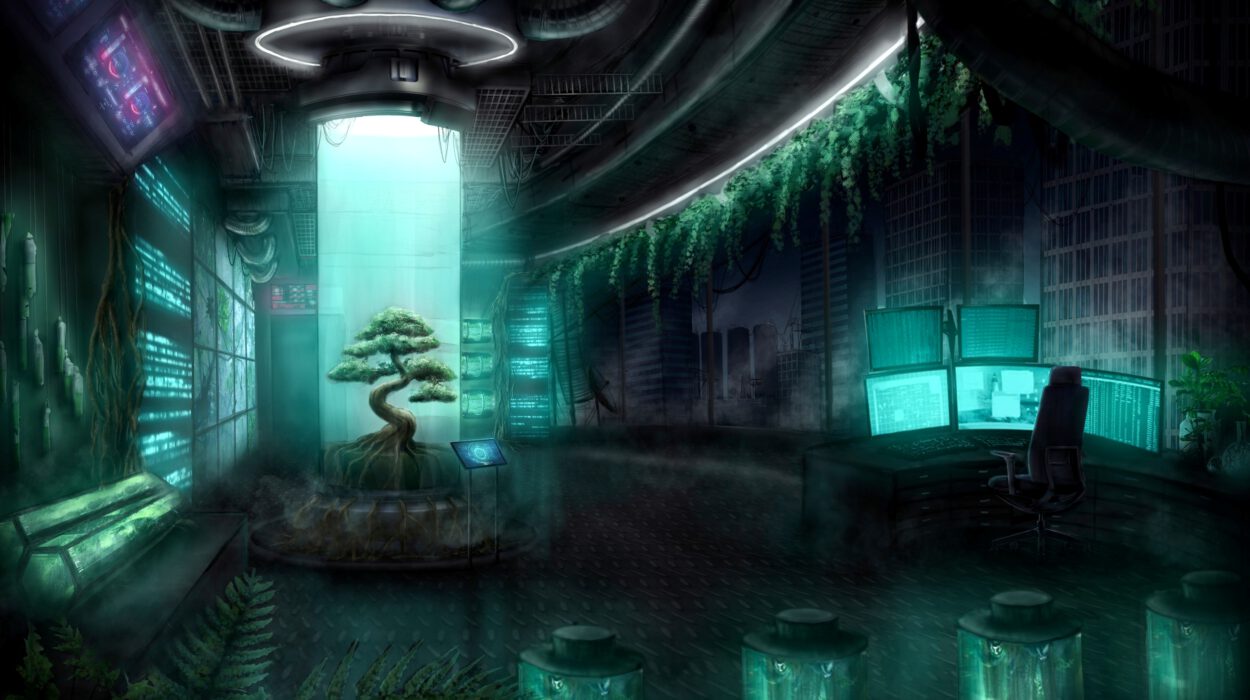
We are in a world of the future where, due to massive environmental and air pollution, people are supplied with oxygen by the last rescued (and newly cultivated) plants.
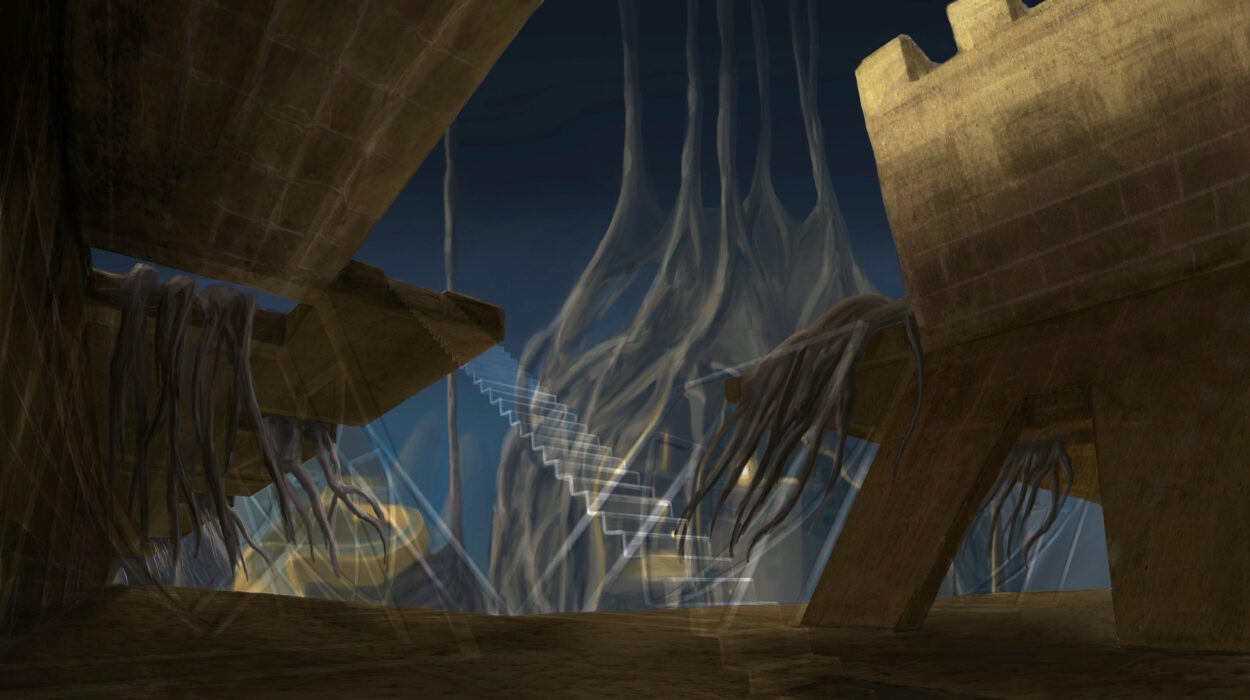
Overpopulation is a world problem. The example of China in particular shows that new solutions must be found for the use of living space.
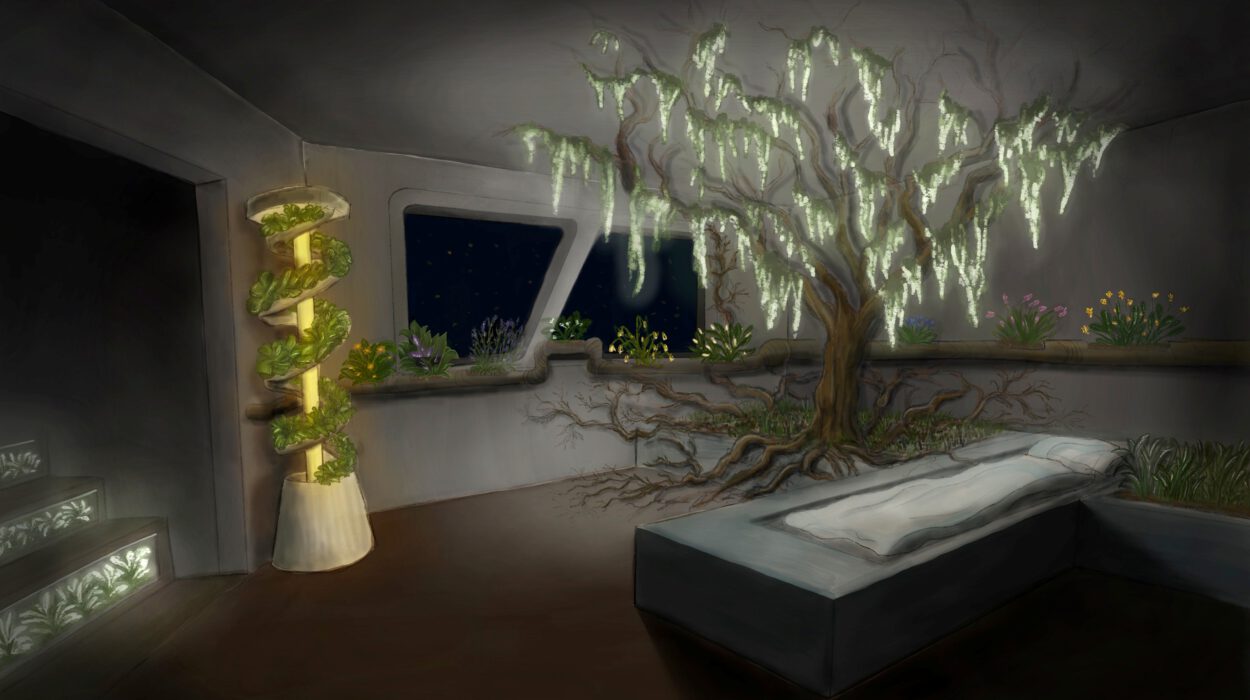
Belverde is a large city of the future, built extremely high due to overpopulation and divided by vertical living, working and leisure levels.
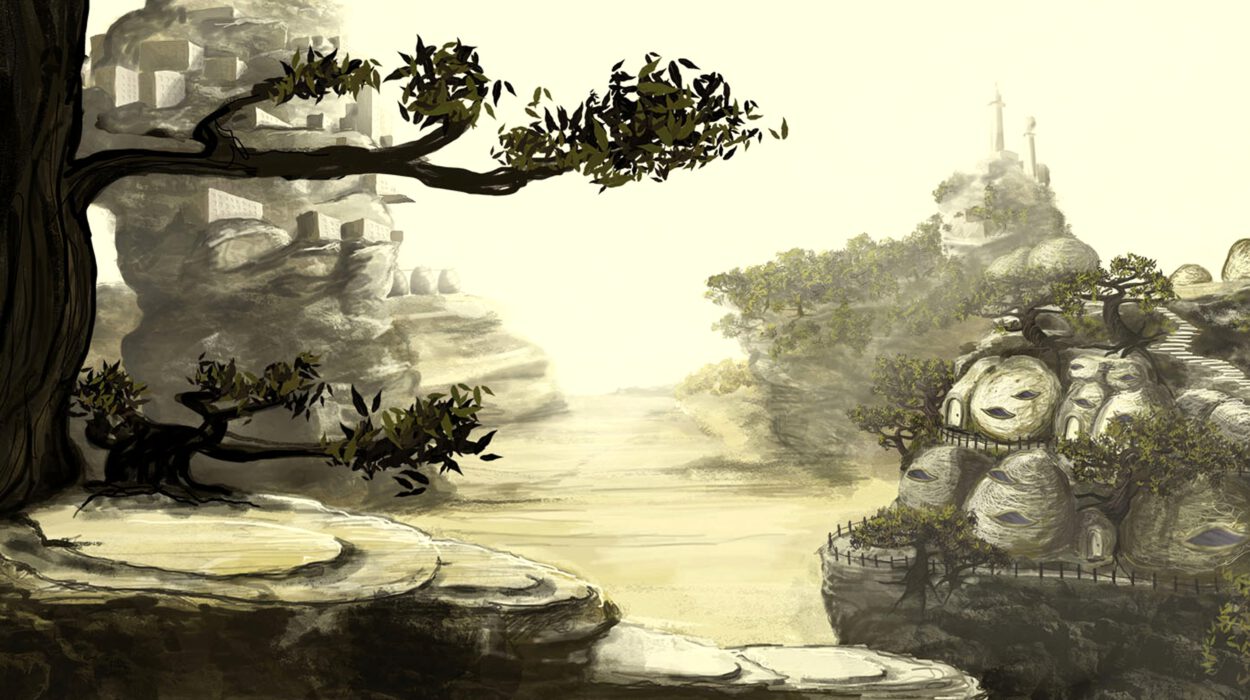
The work by Linda Gagelmann, based on a co-created narrative shows the following: in this mushroom city, Mycelium, the symbiosis of tree and mushroom allows a cocoon-like house to grow.
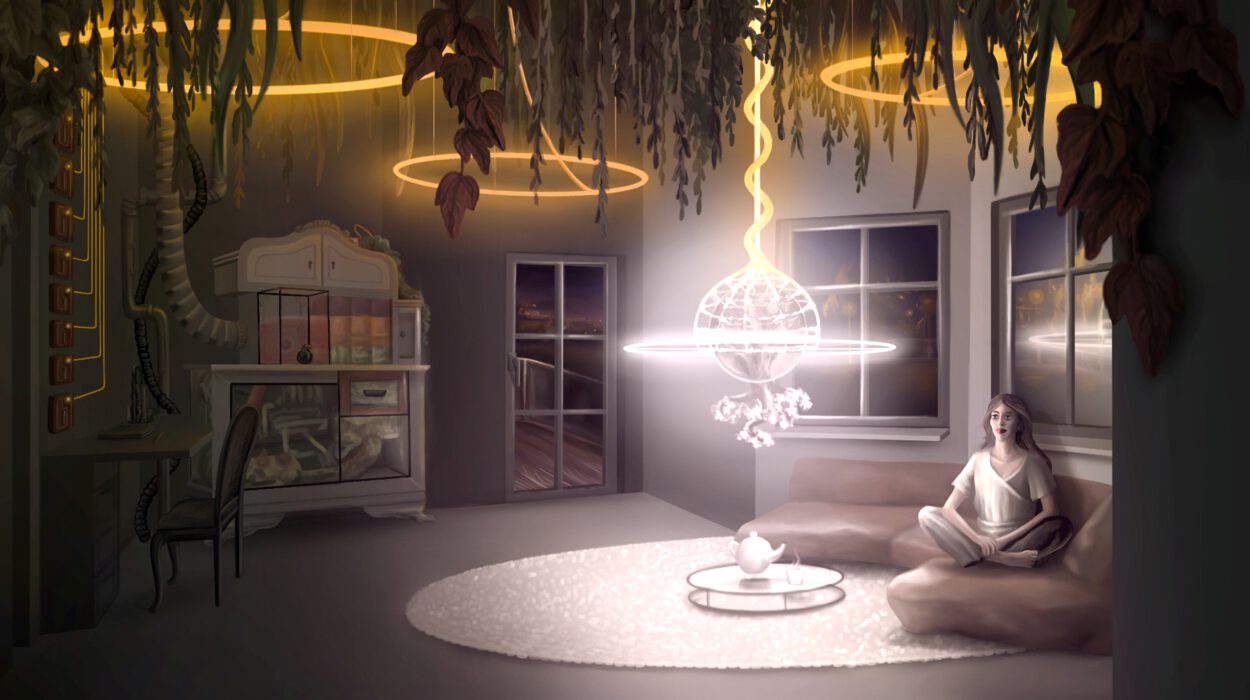
The work by Anastazja Gawron, based on a co-created narrative shows the following: nowadays initial successes already generate electricity with the help of plants.